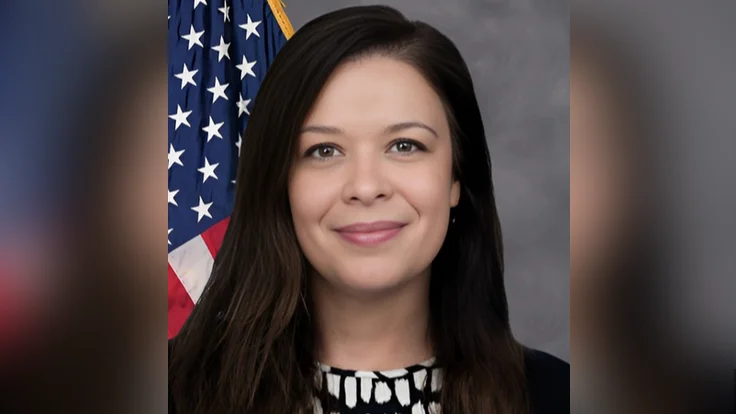The United States has expressed support for the conclusions announced by the Government of Italy following the conference on Libya held in Palermo on November 12-13. The conference aimed to bring together Libyan and international leaders to address political deadlock and ensure a secure future for Libya.
Heather Nauert, Department Spokesperson, stated, "We strongly support UN Special Representative of the Secretary-General (SRSG) Ghassan Salamé and the recalibrated UN Action Plan he presented to the Security Council on November 8." This plan includes a Libyan-led National Conference scheduled for early 2019 and an electoral process beginning in spring 2019. The U.S. encourages all Libyans to work with SRSG Salamé towards an inclusive constitutional process and credible elections.
The conference highlighted that economic and security issues are crucial for progress. The U.S. supports the Government of National Accord's commitment to monetary and subsidy reforms necessary for economic stabilization. Promoting transparency in Libya’s economic institutions, including the Central Bank, is also emphasized as vital.
The United States is ready to support economic dialogue at Libya's request, in coordination with international bodies such as UNSMIL, the World Bank, and the International Monetary Fund. Nauert praised SRSG Salamé’s efforts in reducing violence in Tripoli and UNSMIL's partnership with Libya's government for improved security arrangements.
Acknowledging Italy's role in hosting the event, Nauert said, "The United States extends its deep appreciation to the Government of Italy for its leadership." She reaffirmed U.S. commitment to supporting Libyans striving for a stable government capable of countering terrorism and providing prosperity.
Libya continues to face challenges including insecurity, corruption by elites, lack of opportunities, and inadequate services. The U.S. remains committed to helping address these issues as part of ongoing international efforts.

